Have you ever been stung by a bee?
You probably felt some temporary pain, irritation, or swelling at the site where the bee stung you. This is what most people experience. For others, bee stings can cause life-threatening allergic reactions.
If you are allergic to bees, you are probably wondering if it's ok for you to eat honey. Will honey products cause an allergic reaction, too?
In this blog, we answer these questions and give you some helpful insights.
What are bee sting allergies?
Bees release venom when they sting, often causing pain, swelling, or skin discoloration, even in people who are not allergic.
If you are allergic, your immune system is mistakenly threatened by the bee venom and releases chemicals like histamine. This can cause severe reactions, including hives, swelling, respiratory problems, and life-threatening anaphylaxis. Such systemic reactions that affect the whole body can affect a small number of people who will require emergency medical help.
Do you need to avoid honey or bee products if you are allergic to bees?
Having a bee allergy doesn’t necessarily mean you can’t eat honey or bee products. That’s because honey is made from nectar, not bee venom.
Nectar is collected and transferred to the honeycomb to make honey by the honeybee's tongue, called a proboscis. Bee venom, on the other hand, is stored in the venom sac of the bee and is only released when a bee stings. This means that most honey doesn’t contain any bee venom, and when it does, it’s usually in extremely small amounts—too little to cause a reaction in most people, even those with a bee sting allergy. So, for the majority of people with this allergy, eating honey or using honey-based products is considered safe. However, if you are concerned, it is advisable to seek advice from a healthcare professional.
It's important to note: Although rare, some people who have bee allergies can have severe allergic reactions to bee products, including honey and propolis. People with existing allergies, lung problems, or those who work with bees (like beekeepers) are at a higher risk of severe allergic reactions to bee products.
The honey-bee venom allergy connection
Research shows that eight proteins found in bee venom (e.g., phospholipase A2, hyaluronidase) are also present in honey. This means that eating honey might trigger reactions in people allergic to bee venom, explaining why some people with bee venom allergy also react to honey, even though honey doesn’t contain venom from a sting.
What about raw honey?
Raw honey is less processed than regular commercial honey, which undergoes filtration and pasteurization, removing most of the pollen and proteins that cause an allergic reaction.
Raw honey may still contain pollen, wax, propolis, and fine bee components that can trigger an allergic reaction. While raw honey doesn’t necessarily contain any bee venom, there is a small chance of contamination with traces of venom proteins during hive collection.
While raw honey is still safe for many with bee sting allergies, its higher content of pollen and proteins may increase the risk of allergic reactions in some individuals.
When should you avoid honey
People who have honey allergy, which is a rare type of food allergy, should avoid all honey and bee products.
The allergic reactions in honey allergy are triggered by two main sources: glandular proteins produced by bees and pollen (especially sunflower, ragweed, or sagebrush) mixed in the honey, which can independently or jointly trigger reactions. This explains why some individuals react to honey even if they don’t have a pollen or bee sting allergy alone.
It’s best to check with a healthcare professional before consuming any type of honey—raw or processed—if you:
- Have a history of severe allergic reactions (especially anaphylaxis).
- Are sensitive to pollen or other bee products.
- Have severe seasonal allergies.
The bottom line
Many people with pollen or bee sting allergies can still safely eat honey, especially processed or filtered types. But if you have severe reactions or multiple allergies, you should:
- Talk to your doctor or allergist.
- Be cautious with raw or unfiltered honey, which has more potential allergens.
For premium, high-quality honey and honey products, visit our online store or look for our products in-store.



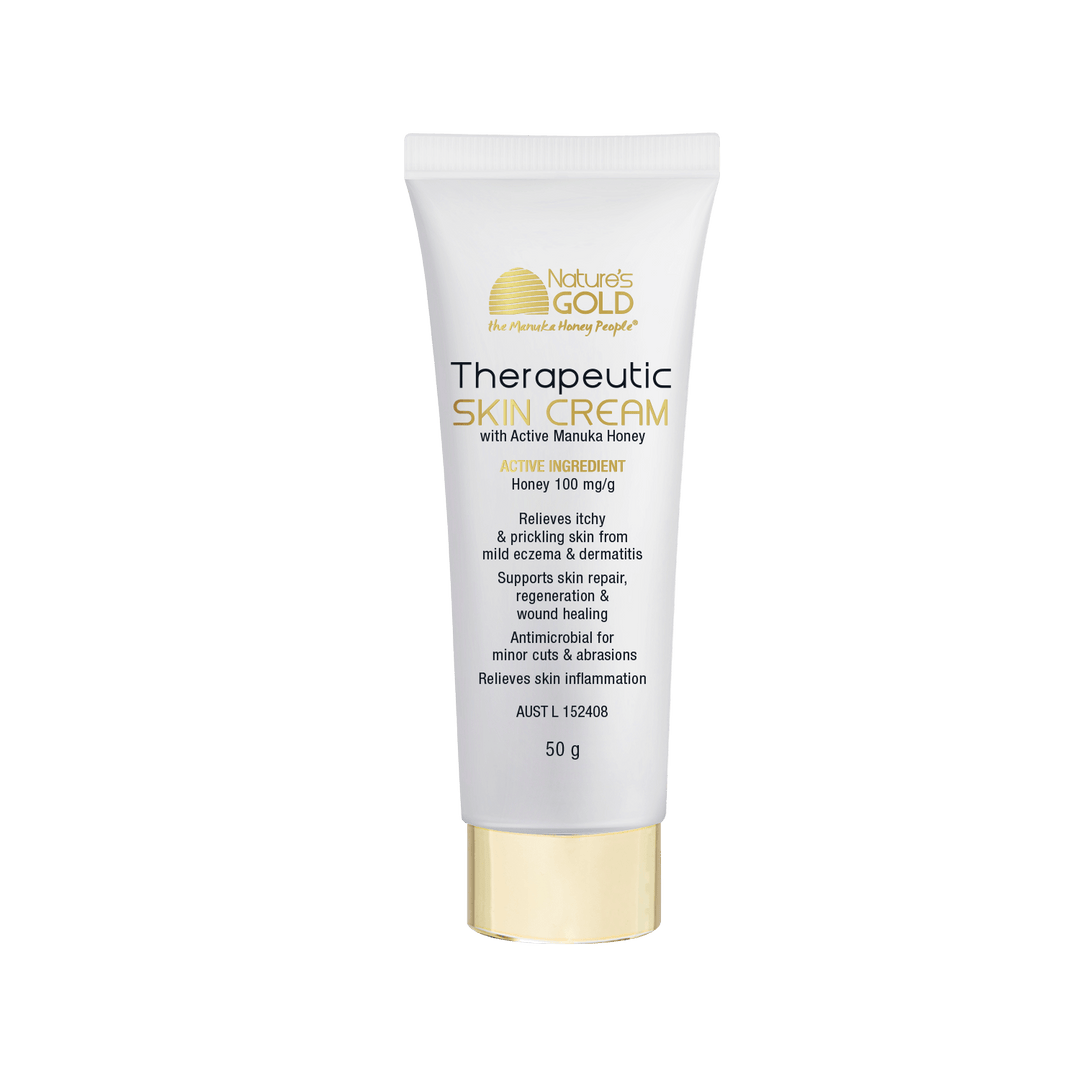
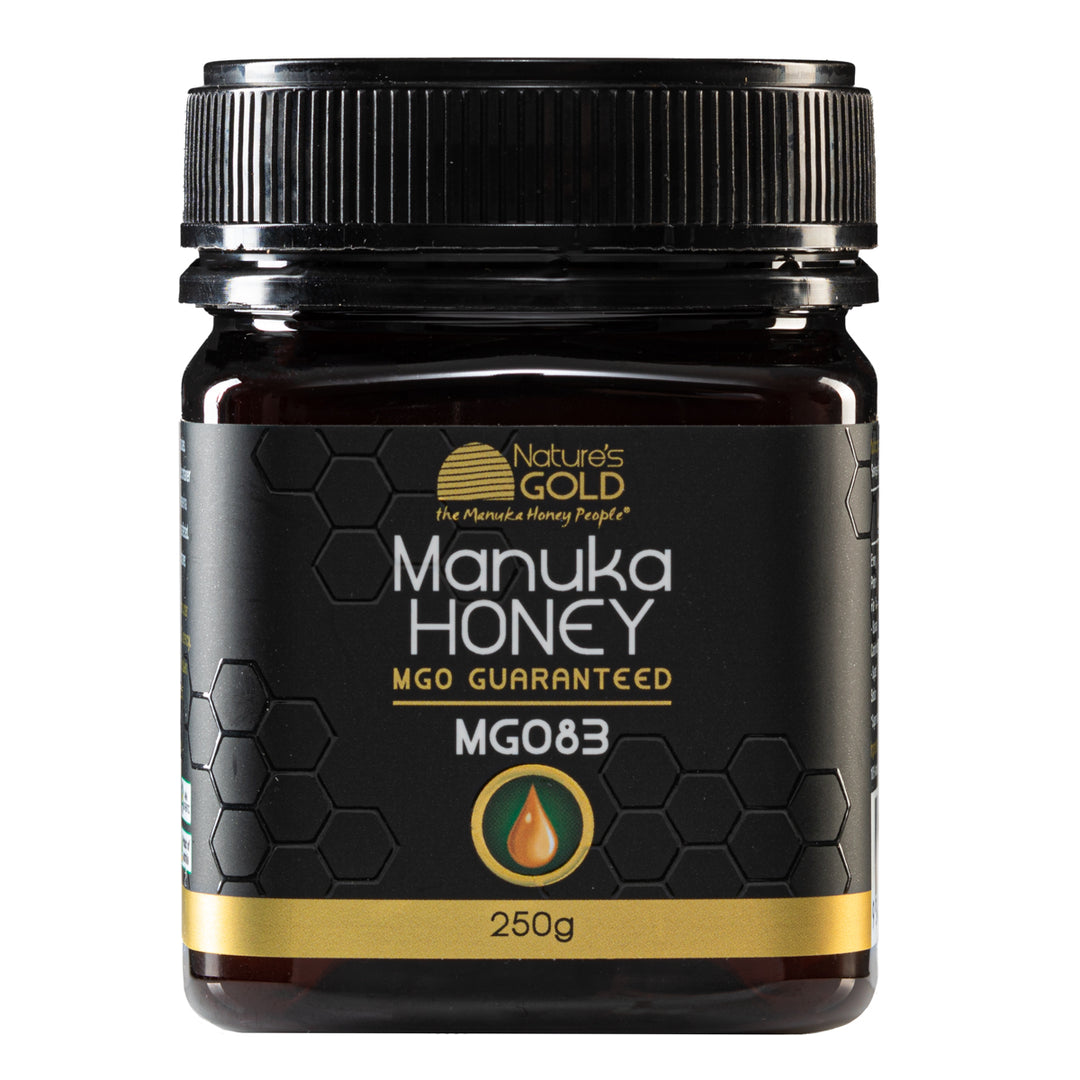
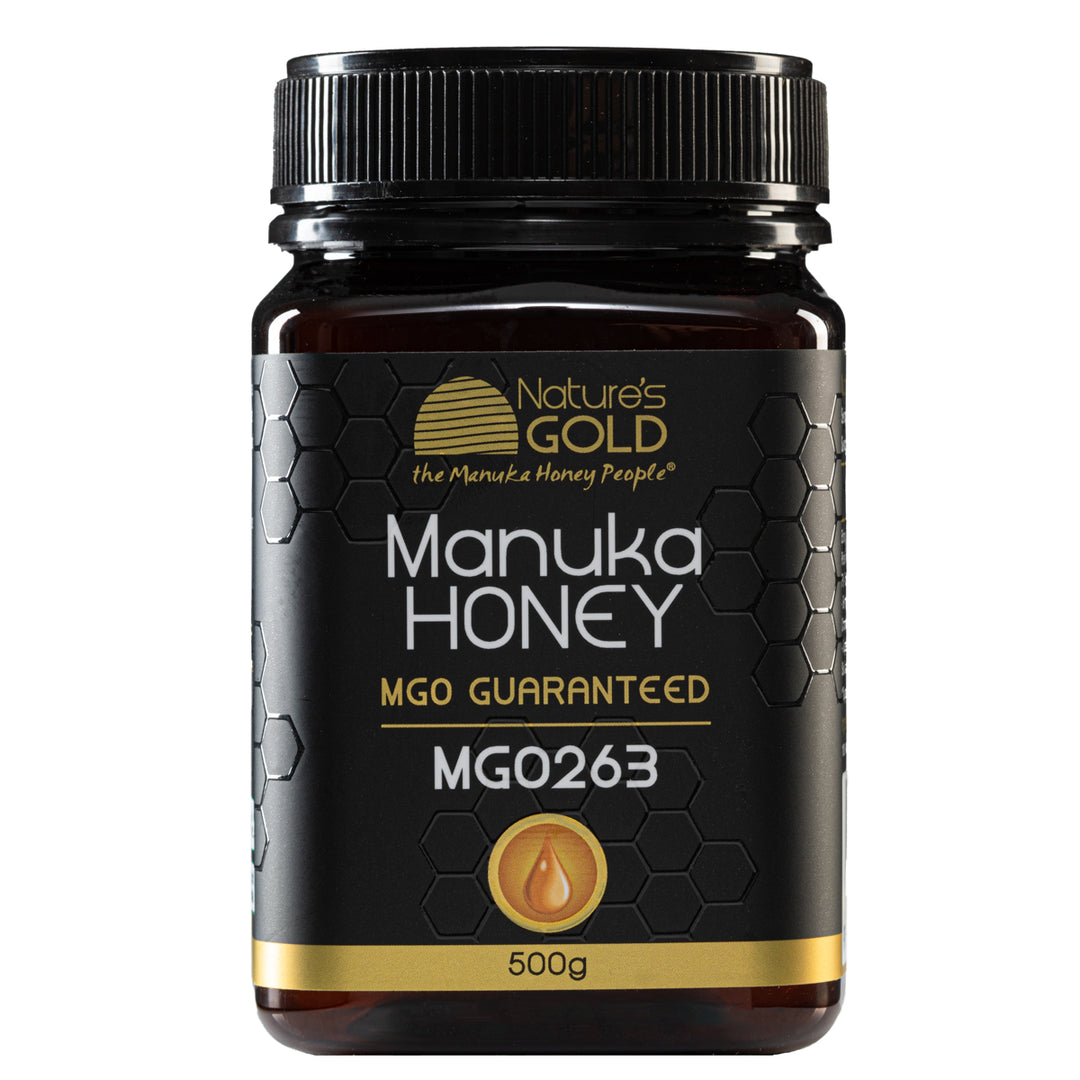
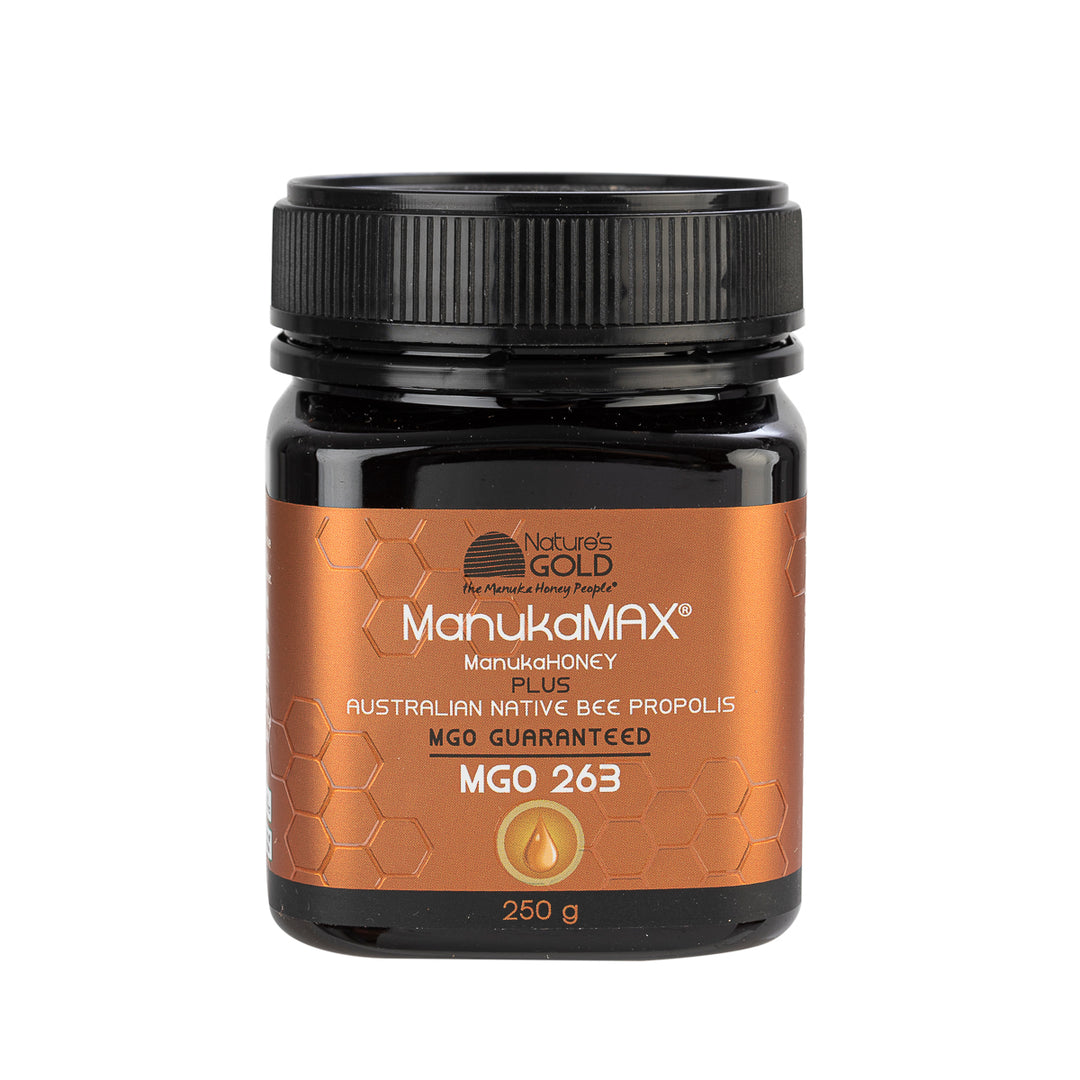
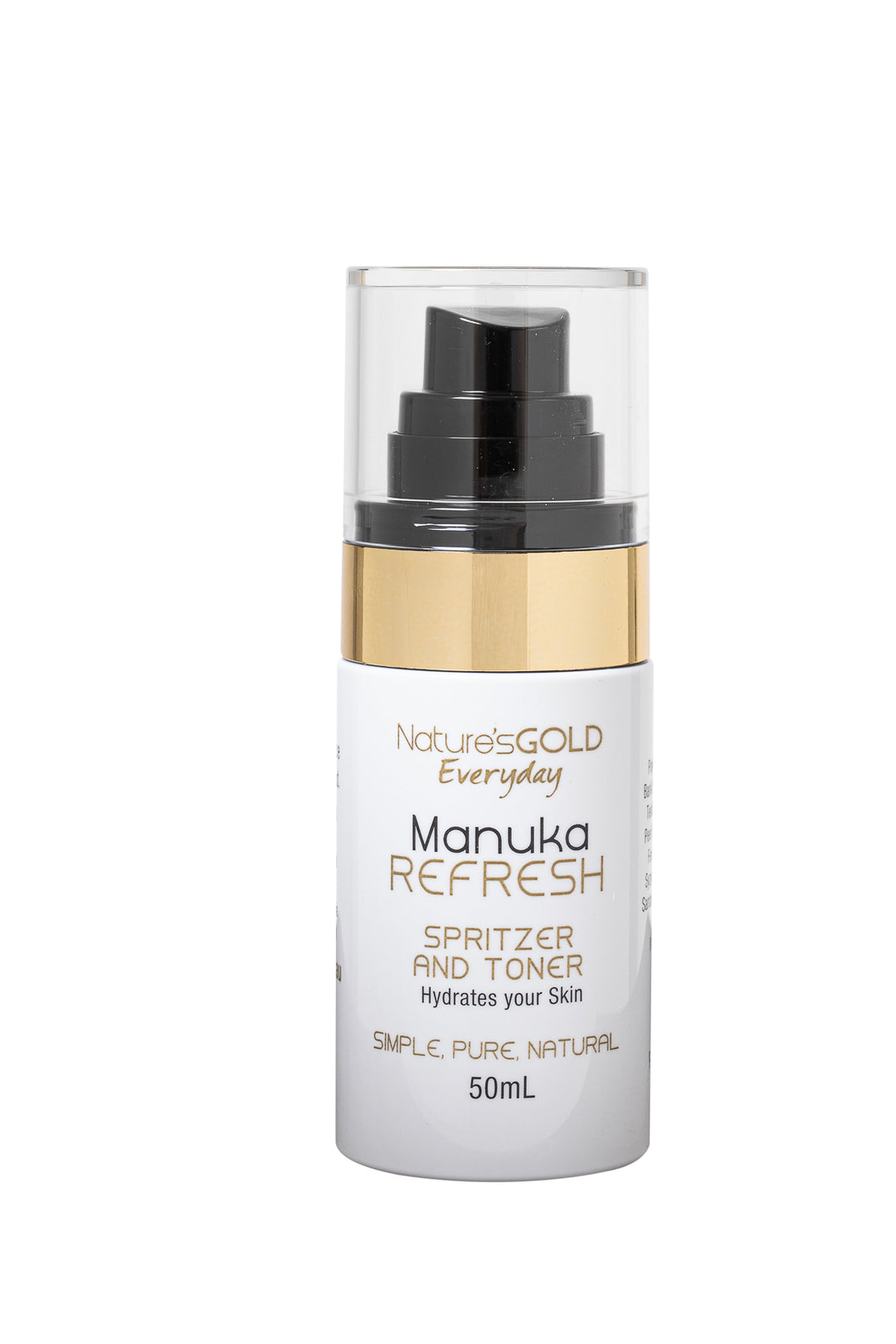



코멘트를 남겨주세요